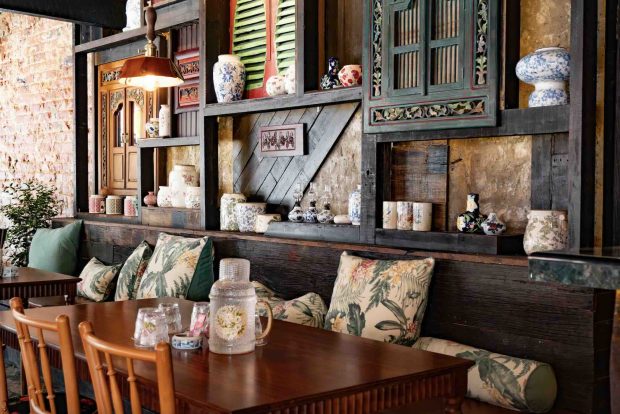Air conditioning is not only about cooling a room and removing humidity during extreme summer days. Small apartments have tiny rooms that no one wants to turn into fridges. Small AC units save floor or window space while leaving the room quiet with a comfortable temperature. If you own a small apartment, you have the almost complete freedom to choose your air conditioner. However, if your home is a rental, make sure your landlord knows and agrees with the model you plan to purchase. Your appliance needs to be helpful above all, so don’t get too generous. An oversized unit will leave your room uncomfortable, as it cools the room before dehumidification.
1. Type of AC Unit
Any air conditioning lowers the air temperature from a room, removes humidity and filters the incoming air. Warm air is released outdoors. If any of the above three functions is not completed successfully, the appliance might lead to discomfort, migraines, and additional expenditures to change the unit. Small apartments and studios work best with a low profile window AC unit which consumes the right amount of energy to provide quality cooling. The main types of units are:
- Window units: These are the most common, easy to install, affordable and popular products. Some models also include heating options. They are attached to the interior and exterior walls of your home.
- Wall-mounted units: They are harder to install, as you need a hole in an exterior wall. They are a bit costlier but work best in rooms without a heating system. They save window and indoor space.
- Portable units: You can roll portable AC units from one room to the next. You need to empty their reservoir periodically. However, they are highly efficient for removing moisture from open spaces.
2. Cooling Capacity
The system must be efficient for all your house members. You can trigger the right user experience by purchasing a unit with the right cooling capacity. This is measured by BTU – British thermal unit. The BTU rating ranges from 5,000 to over 20,000 BTUs. The number also helps you with energy saving. You can find the recommended number of BTUs for all rooms. However, the kitchen requires additional 4,000 BTUs than the necessary ones. What to consider:
- Sunlight exposure: Add 10% more BTUs than the necessary ones.
- Number of users: For a room with above two people, add 600 BTUs.
- Room size (feet) and area (square feet).
3. Energy Efficiency
Low profile air conditioners are more energy efficient than regular ones. You can calculate this by starting from the above BTUs. By using the below formula, you can see how much your unit can save you from energy costs. However, products with an efficient use feature an Energy Star that claims they use 9% less energy than others. Also, they cost around $70/year in bills.
(BTUs/hour) ratio to power input (watts) = a range between 8 and 11.5.
There are features that help with saving energy:
- Programmable thermostat or timer.
- Sleep settings.
- Easy-to-access filters.
- Digital temperature control.
- Variable fan speeds.
4. Noise Emission
Low-profile AC units usually make less noise than central appliances. There are noise level differences between models that can save you hours of sleep. Usually, these units produce a light white noise that you quickly get used to. Most of them make 50 – 80 dB of noise in the room they are installed. The best products in this category only produce a light fan running sound. All these products have the noise level on their label. However, remember that the noise level can help you find a unit easy: the less, the better.
5. Installing and Maintenance
Some air conditioners require professional installation. However, most appliance stores also help you by installing the products into your home. With a little planning, you can save money and energy by making sure the drainage system is placed where it should stay. Consider a place that doesn’t have lamps or a TV nearby. Moreover, filters require maintenance. So, make sure that you acknowledge what costs your unit will periodically involve. Many small ACs have a warranty of 1 – 5 years. While a full coverage warranty may be expensive, there are also limited ones that cover specific parts and potential issues.
Purchasing the AC Unit
Once you’ve found your next air conditioner, make sure to check out large and small stores that have them in stock. Usually, smaller corner shops also have better prices. Also, there are occasional discounts that all stores promote.
By ticking the above specs, you ensure that your next air conditioning unit will be efficient and save you energy costs. There are other features you can find in a low-profile AC. Check them out and carefully choose your cooling appliance!








